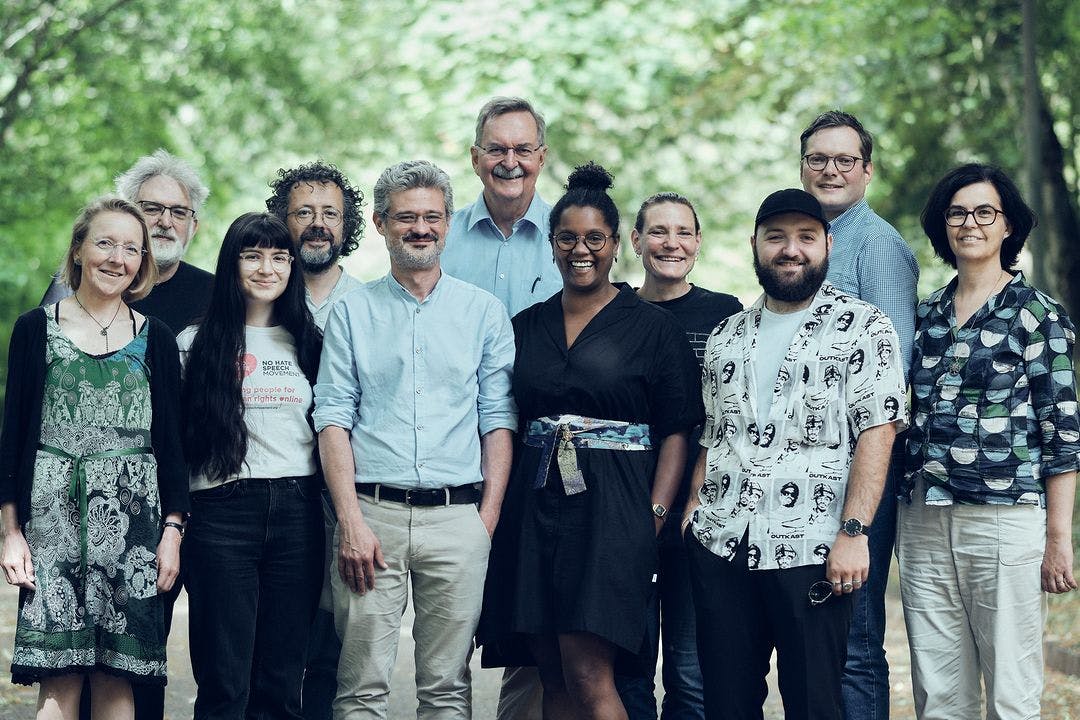Déi Lénk as it's called in Luxembourgish, is a left-leaning political group in Luxembourg. Established in 1999 by former members of the Communists (KPL) and others from diverse left-wing origins, they are associated with the Party of the European Left and The Left in the European Parliament. While Déi Lénk isn't among the biggest parties and has just 2 seats in Parliament, it resonates with a significant number of voters, especially in the South and Center regions of the nation.
The Left party at a glance
The Luxembourg Left party is dedicated to advancing the principles of social justice, economic equality, and a greater role for the state in personal and economic matters. The DL passionately supports the interests of the working class and consistently receives strong support from trade unions, employees, and those who prioritize social welfare and income equality over capitalism.
Currently holding 2 out of 60 seats in the Chamber of Deputies, The Left ranks as the sixth-largest party in Luxembourg. Déi Lénk's ambition to transform the country from a constitutional monarchy into a republic is one of the cornerstones of its unique political approach.
Initially, these seats were held by Marc Baum and David Wagner. However, the party follows a three-year rotation rule for its deputies. In 2021, they were replaced by Myriam Cecchetti and Nathalie Oberweis, reflecting the party's commitment to inclusivity and rotation.
Political Guide

Structure and representativeness
In Luxembourg, the Left party operates within a unique structure that includes 650 members. What sets Déi Lénk apart is its collective approach to leadership; the party does not have a formal president.
The inner life of a party
At the national level, Déi Lénk is organized through three key bodies: the Congress, the National Coordination, and the Coordination Bureau. These structures facilitate the decision-making processes and guide the party's activities.



In municipalities where the party has a seat on the local council, the section takes the lead in developing and implementing political initiatives.
Electoral system divides the country into four constituencies. The number of seats allocated to each constituency is proportional to its population
People and influence in the party
Key personnel profiles
In the absence of a formal presidency, déi Lénk is represented by two spokespersons: Gary Diderich and Carole Thoma. Another prominent member of the party is Nathalie Oberweis. As of 2023 Congress, the party is made up of 45 people.
Leaders of the party
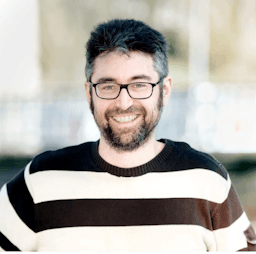
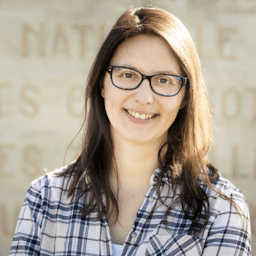
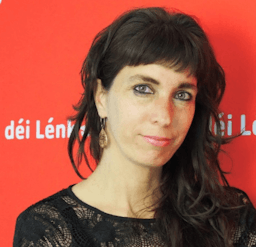
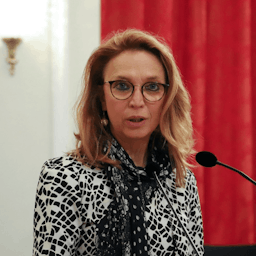
Other key members of the party
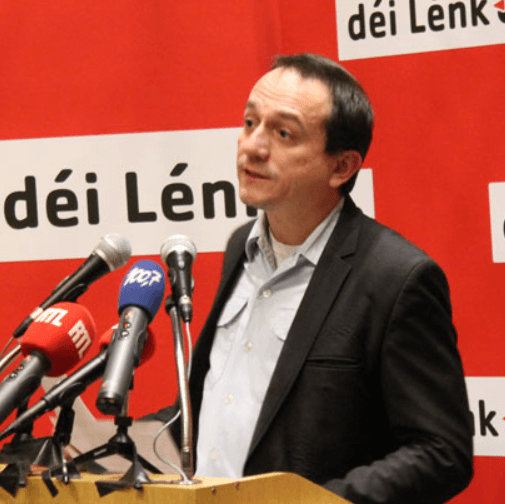
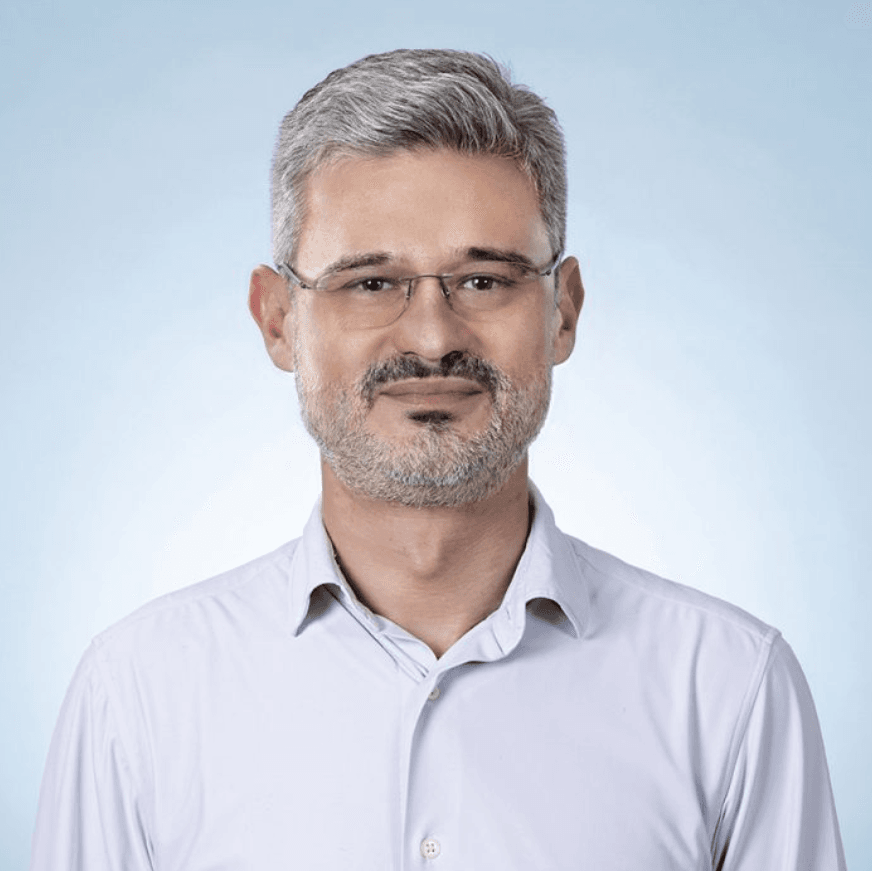

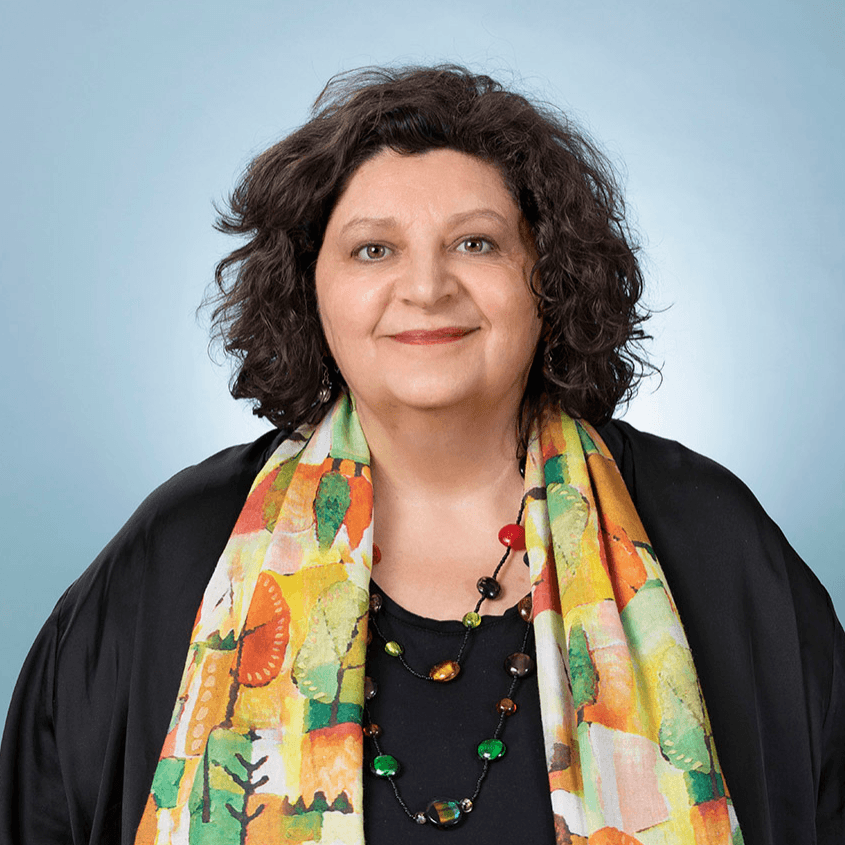
The DL is the seventh largest party in the Chamber of Deputies, behind the Pirate Party. In the 2023 legislative elections, the party secured 3.9% of the popular vote, solidifying its role as a major political force in the country. Previous elections in the country brought them 2 seats in the Chamber.
Following the 2019 European Parliament elections, Déi Lénk did not secure any seats among the six available in the European Parliament. The EU elections in 2024 will present another chance.
The Left's current political stance
This fraction in Luxembourg tends to support social equality and communal values. Déi Lénk stands for the ideas of fairness for everyone, against systems where some people are considered more important than others.
The party and its cornerstones
It was mainly founded by people who had a disagreement with the KPL views. So initially, many of its supporters were former KPL voters. Today, Déi Lénk attracts a broader spectrum of leftist voters, as evidenced by the total number of votes — it increased from 62,071 in 2004 to 193,951 in the last election.
Party views visualization
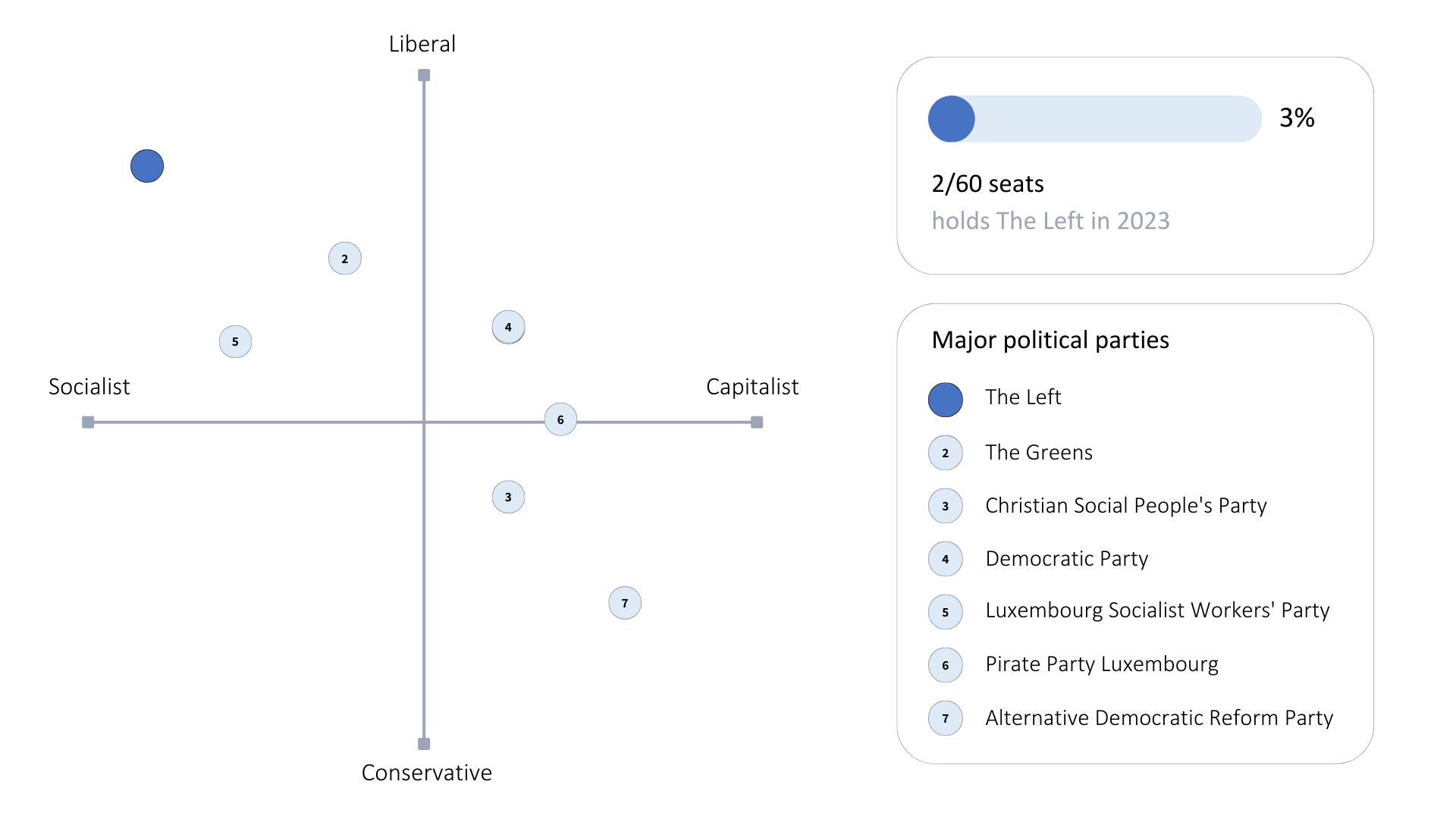
The Left Party positions itself between moderate and extreme left-wing beliefs. It is a group that stands for social equality and opposes the dominant capitalist system in order to create a more just society.
Political program
The Left Party positions itself between moderate and extreme left-wing beliefs. It is a group that stands for social equality and opposes the dominant capitalist system in order to create a more just society.
Déi Lénk advocates for the right to housing to be enshrined in the Constitution, guaranteeing suitable and affordable housing for every household, with costs not exceeding 25% of a household's income. They propose the establishment of a genuine Public Housing Service and a ban on evictions without rehousing. The party supports a universal rent guarantee to facilitate housing access through a solidarity fund. Additionally, they call for a significant increase in public housing units and the creation of a crisis program to counter housing market challenges.
Déi Lénk argues for justifiable wages and emphasizes the need to raise the minimum wage in Luxembourg to ensure that families can maintain a standard of living above the poverty threshold. They advocate for the proper reintroduction of indexed salaries to protect individuals' purchasing power against inflation. Instead of public service cutbacks and increasing privatization, Déi Lénk proposes the development of public-sector employment programs, especially in the education and social sectors. They also call for a ban on layoffs in profitable companies.
Déi Lénk seeks a 100% public healthcare system, converting hospitals into de facto public institutions while maintaining quality, accessibility, and budgetary balance. They advocate for democratic and transparent governance within hospitals, including representation from all professions in internal decision-making bodies. The party aims to ensure universal access to healthcare, generalizing third-party payment systems to cover 100% of medical expenses, and eliminating personal contributions (currently 88%).
Déi Lénk also champions the transition to an ecological and social economy, focusing on sustainable activities related to renewable energy production, energy efficiency, the circular economy, public transportation, resource conservation, and organic farming. They prioritize ecological sustainability over profit-driven capitalism.
Déi Lénk proposes a fair tax system that relieves the burden on lower-income individuals while taxing the wealthy more. They advocate for a single progressive tax scale based on household composition, using consumption units to lower the tax burden for dependents. This approach ensures a better assessment of the capacity to pay, eliminates inequality based on civil status, and addresses the needs of single-parent households.
Déi Lénk aims to enhance social benefits and introduce new social rights. Immediate plans involve a 10% increase in family allowances to offset the effects of the 2014 reform, with automatic indexing to the cost of living. Additionally, they propose the introduction of a monthly autonomy allowance of 450 euros for young adults in education or non-remunerated training programs, promoting their independence.
They believe these efforts are essential to securing prosperity, ensuring opportunities for future generations, and fostering individual fulfillment.
Party representation
Déi Lénk stands for the ideas of social equality and fairness for everyone, against systems where some people are considered more important than others. It is a political group that welcomes people who have forward-thinking beliefs and are dedicated to working towards a society where there is greater fairness and equal opportunities for all. It identifies as a social, democratic, and anticapitalistic movement.
Electorate of the Left party
Déi Lénk attracts a broader spectrum of leftist voters, as evidenced by the total number of votes. 12% of votes were equally polled in both the South and Cente constituencies in 2018, while 7% of votes polled overall in the East and North.
Déi Lénk advocates for a genuine democracy marked by active citizen participation. They seek a participatory democracy where transparency prevails in the political decision-making process. Their vision encompasses a political landscape that encourages direct citizen involvement and fosters greater accountability among elected officials. It's also important to note that Déi Lénk aspires to transition Luxembourg from a constitutional monarchy to a republic.
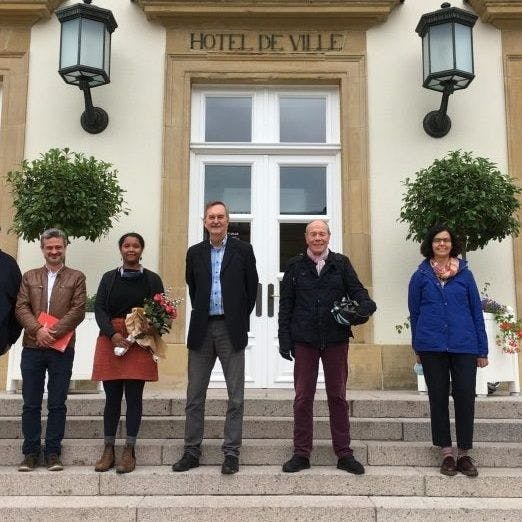
| Left | LSAP | CSV | Greens | |
| Environment | Middle | Low | Low | High |
| Electorate | Young | Older | Older | Young |
| Trade unions | No | Yes | Yes | Yes |
| Secularism | Yes | Yes | No | Yes |
The Left party is located in Luxembourg City
- Office location: 63 bvd de la Pétrusse, Luxembourg
- Phone number: (+352) 26 20 20 72
- Official website: dei-lenk.lu
Brief history of the party
Despite its relatively short existence, the party has managed to change a lot and continues to change for the sake of better solutions.
Foundation of the party: 1993-2010
- 1993: Dissident Marxists leave the Luxembourg Communist Party (KPL) and, along with other left-wing activists, form the New Left (Nei Lénk) due to ideological disputes.
- 1999: The New Left becomes La Gauche, a unitary movement gathering primarily ex-KPL members but accepting individual memberships. Positioned to the left of social democracy, it contests elections. La Gauche, in alliance with the KPL and other smaller parties, secures 3.3% of the vote and one parliamentary seat.
- 2000: André Hoffmann becomes deputy mayor of Esch-sur-Alzette, leading to Aloyse Bisdorff taking his parliamentary seat.
- 2004: Tensions arise with the KPL over the movement's evolving political role. Separate electoral lists were presented in the 2004 elections, with La Gauche obtaining 1.9% of the vote and no seats. La Gauche associates with the European United Left/Nordic Green Left group despite not securing a parliamentary seat in the European elections.
- 2009: La Gauche negotiates with the KPL for joint electoral lists but faces reluctance. Nevertheless, it won 3.3% of the vote in the legislative elections, reclaiming André Hoffmann's parliamentary seat.
Modern Left party: 2011 to present
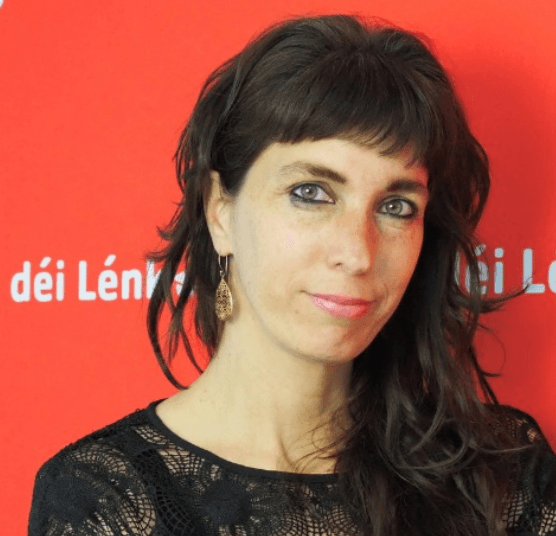
- 2013: The party secures two seats in the chamber, Serge Urbany and Justin Turpel.
- 2017: La Gauche retains its mandates in Esch-sur-Alzette, Luxembourg City, Dudelange, and Differdange from the 2011 municipal elections. It also secures a second mandate in Sassenheim with 13.03% of the votes and enters lists in Strassen, Hesperingen, and Petingen, though without winning mandates.
- 2018: In the parliamentary elections, Déi Lénk comfortably won two seats, with David Wagner and Marc Baum as MPs. In May 2021, Nathalie Oberweis and Myriam Cecchetti took office as part of a rotation.
- 2022: Nathalie Oberweis, a Déi Lénk MP, advocates for a peace solution to the Ukraine-Russia conflict, suggesting Ukraine should renounce NATO accession.
Frequently Asked Questions (FAQ)
Where does dei Lenk stand on the political spectrum?
What are the core principles and values of the Left party in Luxembourg?
Has Leftists ever held the position of Prime Minister in Luxembourg?
Source: dei-lenk.lu, fr.wikipedia.org, en.wikipedia.org, de.wikipedia.org, elections.public.lu, luxtimes.lu, luxtimes.lu, zpb.lu
We took photos from these sources: Left Party website; Gouvernement.lu, author Yves Kortum; Left Party Facebook official page; Wikimedia
